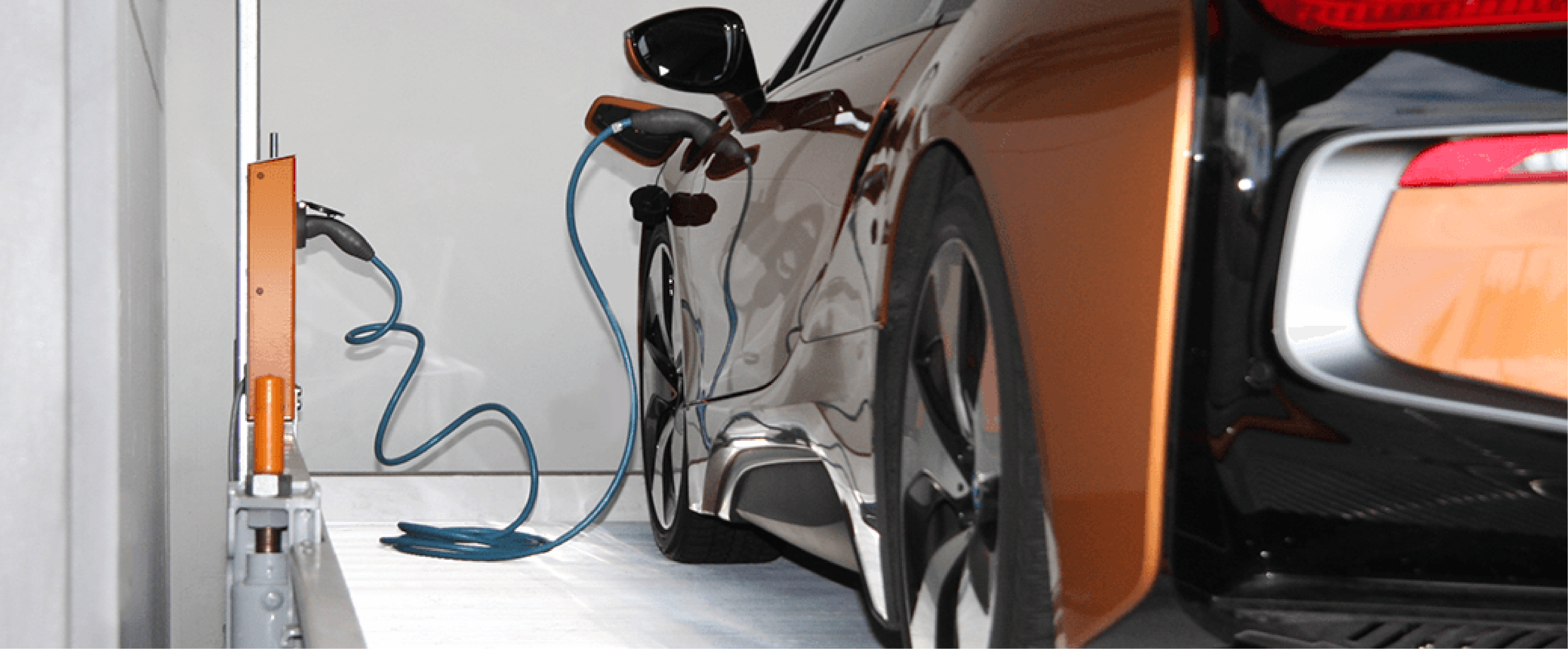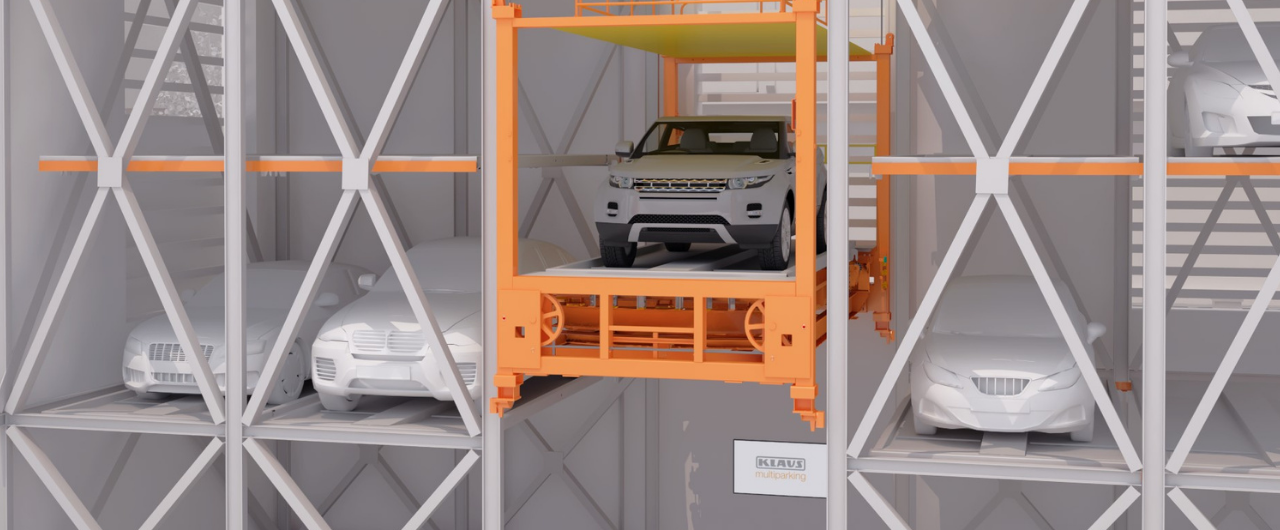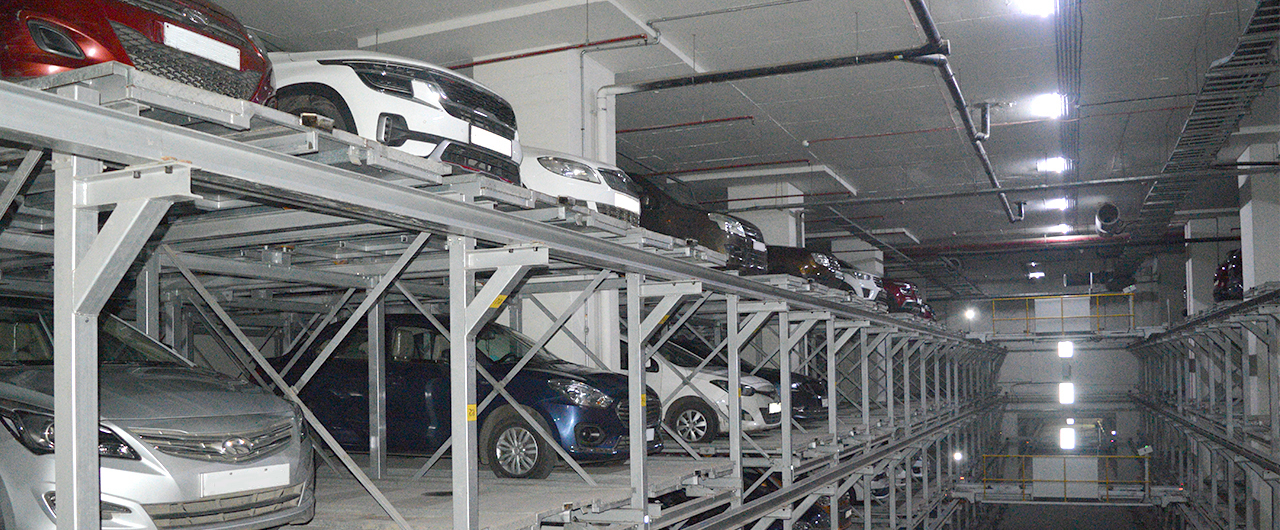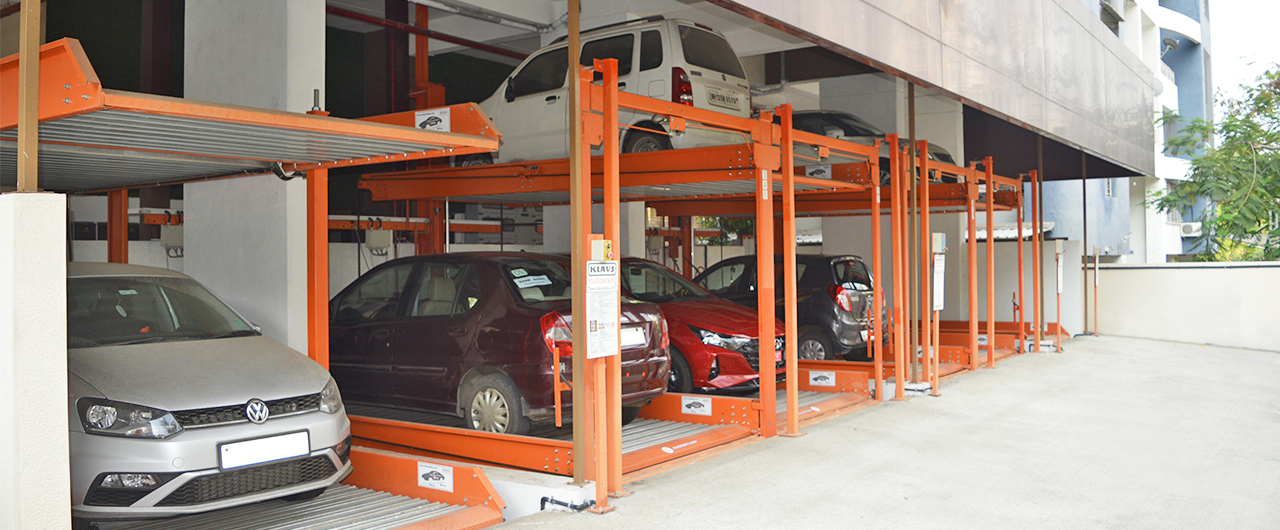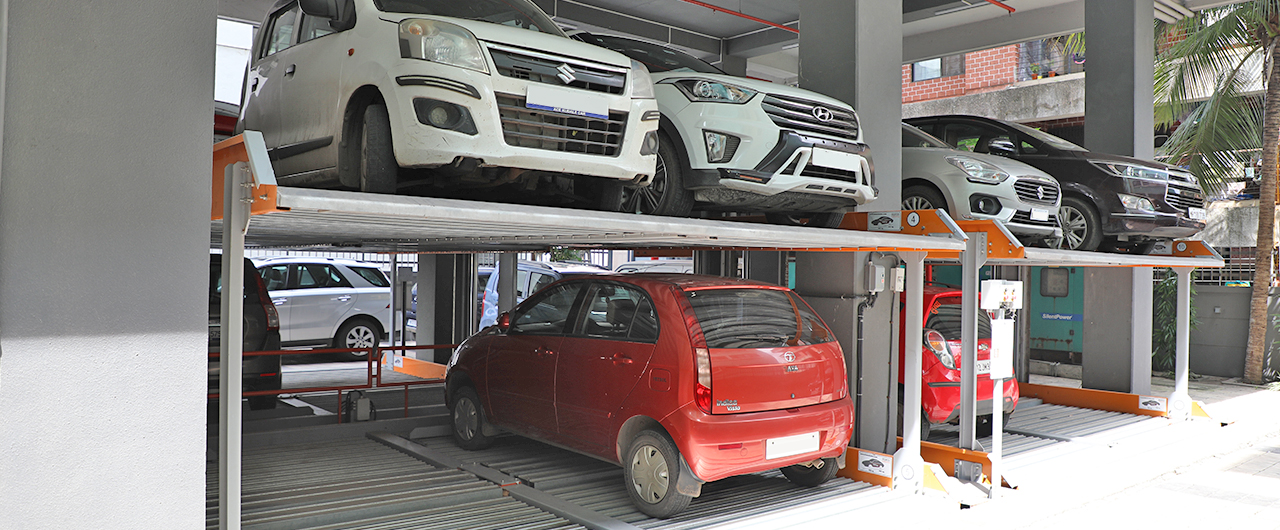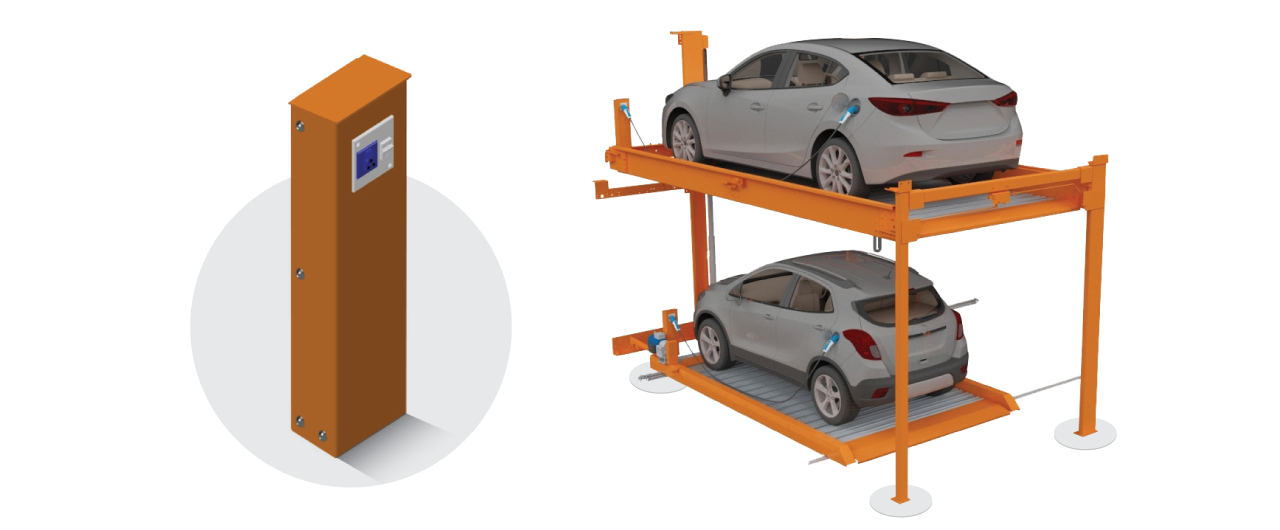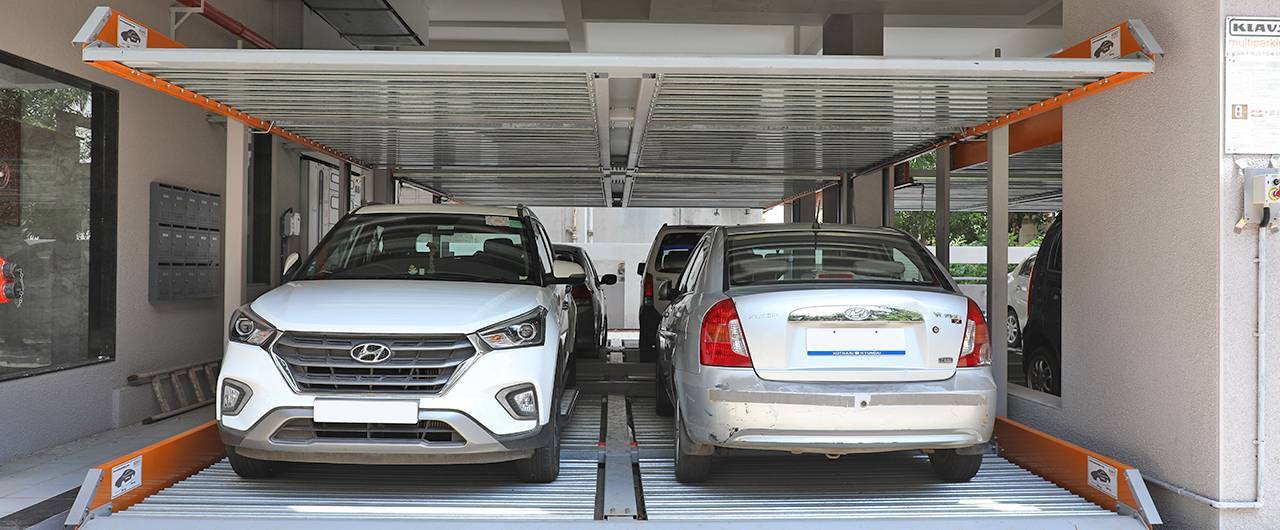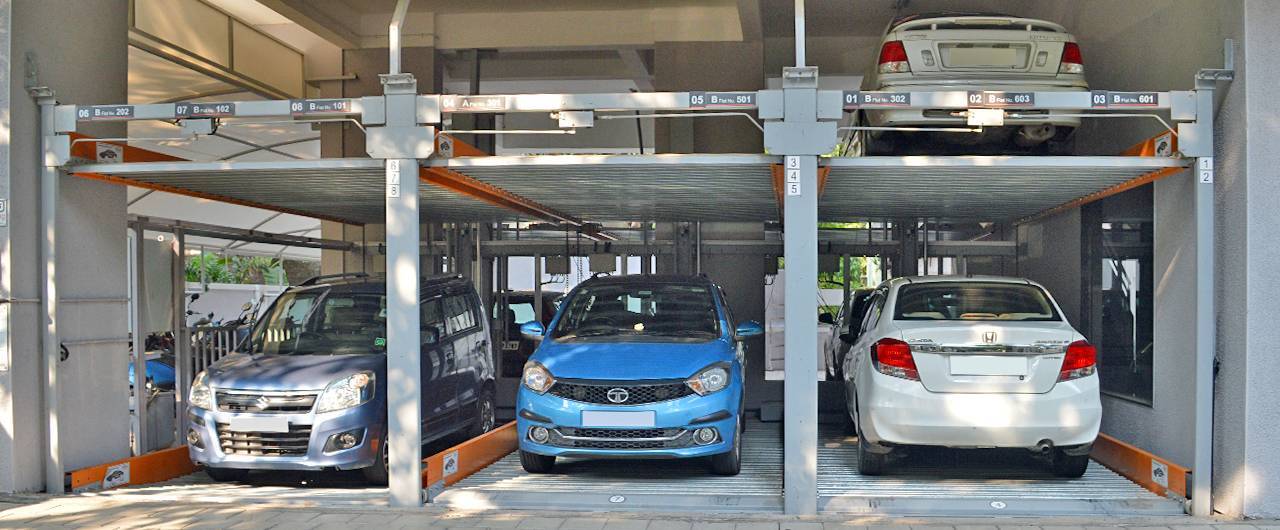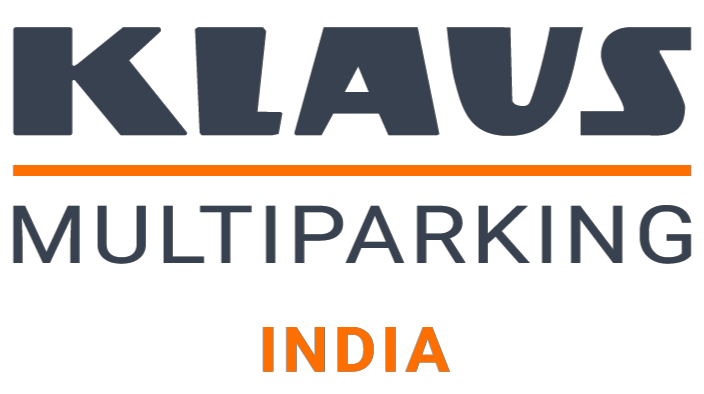The increasing number of cars and traffic congestion have made the parking conditions worse in urban and semi-urban areas. Car owners mostly hustle to find safe parking zones for their vehicles. At times, they park their cars on the roadside, causing issues for pedestrians. But, multilevel parking systems are increasingly becoming a popular solution to combat traffic-related issues. These parking systems ensure optimum space utilization as they allow multiple cars to be parked in less space. For this, these systems use the vertical spaces in the buildings. These come in automatic or semi-automatic designs depending on the requirement and they have low maintenance and operational costs.
But, despite these advantages, are these systems designed to meet the future requirements of the vehicles? For instance, do these provide the facility of charging electric vehicles (EV)?
As we all know, electric vehicles have come up as one of the best alternatives to vehicles running on fuels. These are rapidly replacing fuel-powered vehicles having traditional combustion engines that lead to air pollution and environmental threats. Even governments across the globe are encouraging the usage of EVs by providing subsidies. But, are the multilevel parking systems in the market considering the requirements of the EV market? First, let us look at the challenges in the EV market and then see how multilevel parking systems can meet these demands.
The EV Charging Challenge:
Although owning an electric car is simple, utilizing it to perform errands might be difficult. Several big players in the market are manufacturing electric vehicles, but they are still in their early stages. One of the major challenges is inadequate charging infrastructure for EVs. Many businesses and start-ups are also working at a fast pace on building charging stations. But for the masses to switch to EVs, it may take some time since charging stations are not as readily available as conventional fuels. On the other hand, the country’s highway infrastructure also isn’t equipped with a sufficient number of charging points yet.
Key Benefits of Multilevel Parking Systems
The metro cities are evolving at a pace and parking issues are on the rise. This situation gets out of hand during festive seasons and celebrations. But, the parking issue will continue until the cities implement some concrete measures. For now, a multilevel parking system that efficiently utilizes the limited parking space seems to be one of the best solutions. Such a car parking system maximizes the optimization of technology to enable the safety of cars while being parked. It allows for more accurate use of a limited parking space. It helps in significantly reducing the hassle of parking and the worry of safety at the parking spot.
Such intelligent car parking systems utilize a number of lifts, pallets, and smart signaling devices to simplify the parking process. They have a high parking capacity and the ability to generate good revenue in the long term. Their robust system architecture makes them highly efficient and secure for the owners. Also, these systems help in reducing environmental issues as they optimize fuel consumption. As a result, traffic on roads isn’t blocked and haphazard parking is put to an end.
Multilevel Parking Systems and EV Charging Integration
As discussed earlier, the EV market is under development and the lack of charging stations is one of the biggest challenges. But several players in the multilevel parking systems market are building advanced infrastructure to combat this issue.
KLAUS Multiparking recognized this need and has taken significant steps toward addressing it, by including an EV charging facility in their parking systems. So, the car owners can not only safely park their cars in the system, but charge their EVs if desired. KLAUS’s innovative parking solutions have these EV charging points, where cars can be charged conveniently at residential structures, companies, commercial buildings, and even public places like malls.
